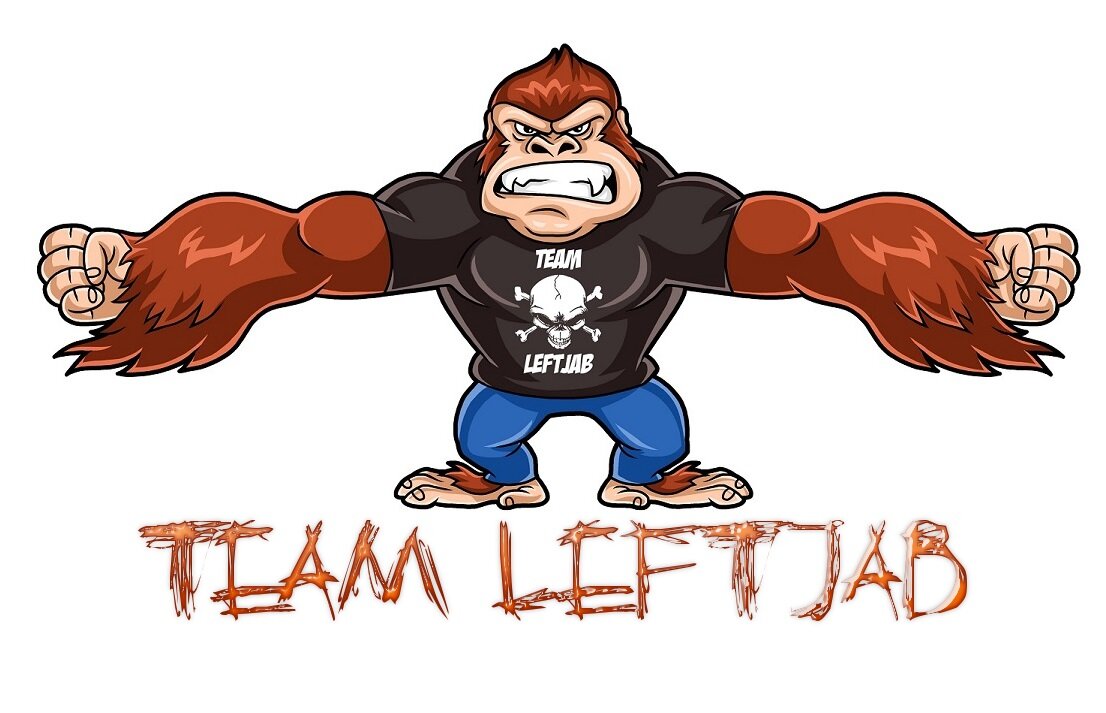Most fans would agree: Mainstream professional wrestling is pretty messed up at the dawn of 2017. Characters are undefined, matches are unsatisfying, and a genre built on high-gear excitement is struggling to get out of neutral.
It seems like every Tom, Doink, and Harry has an opinion on the state of the wrestling business, but here’s the core problem: most of these takes are built on a foundation of false dichotomies.
Like the Black Sheep, wrestling fans love to talk about how “you can get with this” or “you can get with that,” but the fact of the matter is that a healthy wrestling business doesn’t exist in a binary world, it’s a spectrum of polychromatic possibilities. Acting like visions for wrestling fall into neat, uniform categories is as reductive and exclusionary as 19th century “race science,” seeking to focus on differences rather than embracing common ground.
Since Survivor Series, fans have been debating one of the clearest examples of false choice in wrestling: “Long-Term Storytelling” vs. “Moments.”
Those who oppose Goldberg’s win over Lesnar claim that the Beast’s loss devalues his ability to build future stars, while the pro-Goldberg camp believes his quick win was intrinsically valuable as a “Can you believe it?!” moment.
Here’s the problem: good professional wrestling has always told long-term stories while also providing “Can you believe it?!” moments. The genre doesn’t offer one or the other; it needs both to be successful.
Hulk Hogan’s heel turn at WCW Bash at the Beach ‘96 was a “Can you believe it?!” moment, but it also followed two years of Hogan utterly failing as a babyface in WCW. While the Hulkster had ruled the 80s as the WWF’s unbeatable hero, he had largely been a target for eye rolling since Wrestlemania IX, three years earlier. It was hard to believe the Hulkster turned his back on the fans, but it was equally silly to think he would keep tearing off yellow t-shirts to mild boos. His heel turn was unbelievable, but it was also the logical conclusion of a movement that had seen the fans grow disinterested in him over a long timeframe. Hogan’s rejection of the fans worked because it was the ultimate combination of long-term and short-term storytelling: a man who was petering out as a heroic world-beater shocked the world by becoming a devious villain.
The social media dialogue about the in-ring/out-of-ring rivalry between Big Van Vader and Will Ospreay this year has also accessed one of the key false choices in WWE: you have to like old school wrestling or progressive wrestling.
Progressive wrestlers work hard and do moves while old school wrestlers lay on the mat in holds, right?
Wrong!
Ric Flair, Ricky Steamboat, Randy Savage, Brian Pillman, Steve Austin, Randy Orton and an entire territory of the best wrestlers of all time got over by blending deliberate pacing with high-impact offense. The assertion that pro wrestling style is a choice between grinding and high-flying is as silly as saying “Eating is a choice between spicy food and mild food.”
The best wrestling matches have always had both, whether it was Gotch-Hackenschmidt, Savage-Steamboat, Garvin-Flair, Hogan-Warrior, Hart-Michaels, or Hardy-Punk. Great wrestling uses a well-paced long game to set up the excitement of rapid-fire flurries; it’s not a choice between one and the other.
Of course, the ultimate example of false dichotomy in wrestling dialogue has been perpetuated by the industry leading WWE for at least 20 years: the idea that there’s a difference between “pro wrasslin’” and “sports entertainment.”
Wrasslin’, WWE documentaries claim, took place in “smoke-filled arenas” for crowds of ornery grandmothers who believed what was happening in the ring was real. Sports entertainment, on the other hand, is for the enlightened middle class, who understands that wrestling is a morality play/farce that hopes to make fans slap their knees in sheer amusement.
Television shows and live events are inherently entertaining. If they weren’t, people wouldn’t indulge in them at all, and every circus and sports league on earth would go bankrupt. To say something on television is “entertainment” is like saying a farm is “agricultural.”
Wrestling bookers and fans would both benefit from fighting the impulse to see every issue of the genre in binary. In fact, every successful era in wrestling has grown out of embracing a combination of things that work, not forcing plots and personalities into neat Excel spreadsheet fields.
Whether it’s “Heel-Face Dichotomy vs. Shades of Grey” or “Babyface Territory vs. Heel Territory,” wrestling fans feel the need to break everything into all-or-nothing, one-or-the-other choices. Such thinking is reductive, unproductive, and unimaginative.
David Gibb
Latest posts by David Gibb (see all)
- #NXTMVP: Drew McIntyre (Week of 4/9/17) - April 15, 2017
- #NXTMVP: Oney Lorcan (Week of 4/2/2017) - April 6, 2017
- #NXTMVP: Heavy Machinery (Week of 3/26/2017) - March 30, 2017













